WRD 533: Writing Across Media is a writing-, analysis-, and production-intensive course in which students explore multimodality and materiality. Professor Jason Kalin provides an in-depth overview of this innovative course.
Continue reading
News from DePaul University's Department of Writing, Rhetoric, and Discourse

WRD 533: Writing Across Media is a writing-, analysis-, and production-intensive course in which students explore multimodality and materiality. Professor Jason Kalin provides an in-depth overview of this innovative course.
Continue reading
In our ongoing series on portfolio resources, this week, we will be talking about how to create a portfolio that best showcases work from within the Professional and Digital Writing concentration
Continue reading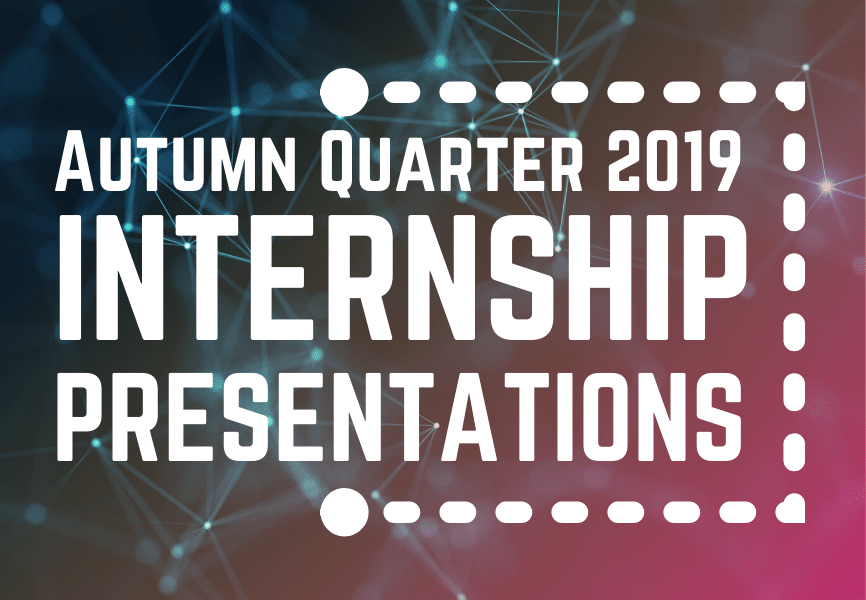
In Autumn Quarter, MAWRD students Karla Avila and Megan Palmer participated in internships and earned course credit through WRD 590. Check out a recap of what they learned and accomplished during their internships.
Continue reading
Are you looking for relevant work experience to develop your skills? Are you eager to put your WRD education to use? These internships might be just what you’re looking for.
Continue reading
Looking for job opportunities in and around Chicago in professional writing? Students and alumni of the MA in WRD program might be interested in the current, local listings below. Stay tuned tomorrow for more job listings for teaching writing!
Continue reading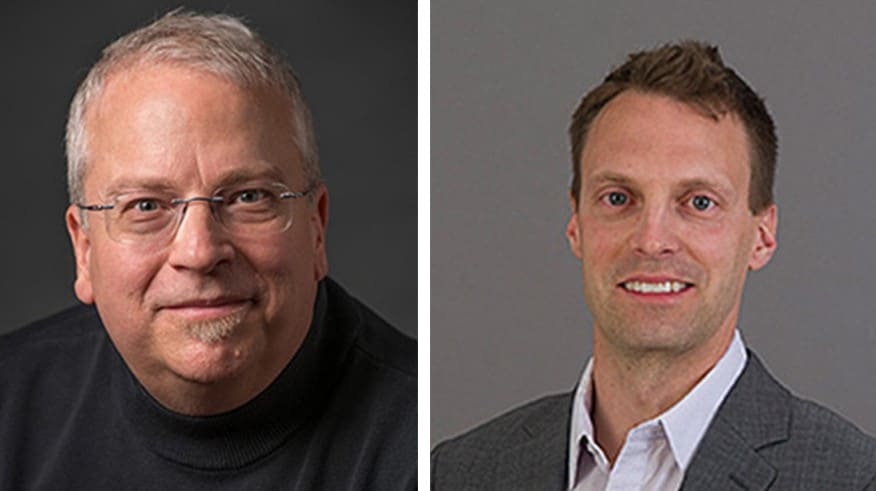
On November 21, 2018, DePaul’s Department of Writing, Rhetoric, & Discourse signed a formal agreement with the College of DuPage (COD) that creates a curriculum pathway relationship between the English department at COD and the Major in WRD.
Continue reading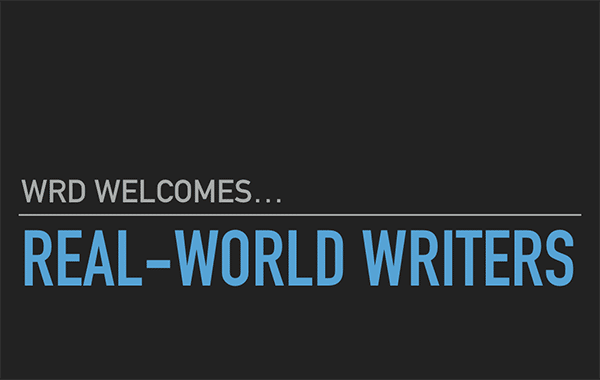
This quarter in WRD 521: Technical Writing, we were fortunate to have four technical writers visit the class to share some of their experiences in the field. The blog has two parts, so make sure to head over to the next post after reading this one. Our first two visitors, Adam Evans and Heidi Colonna—both of whom work as technical writers in Chicago—attended our class on February 6, 2018 to share some of their stories, tips, and knowledge.
Continue reading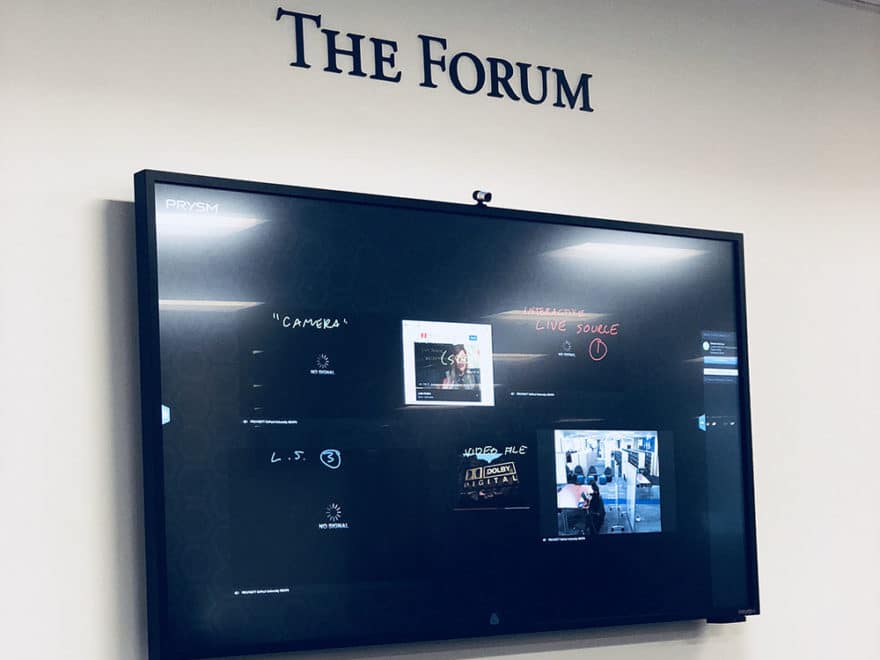
Recently, the John T. Richardson Library here in DePaul’s Lincoln Park campus finished a renovation of the second-floor that features a maker space called the Maker Hub, several media studios called 1581 Studios, and a collaborative work space called The Forum. Students, faculty, staff, and alumni are encouraged to use these spaces to create and use many different types of media including video, audio, photography, and computing. In WRD, we are particularly excited about these new spaces, which promise new opportunities for our students and faculty, especially those who are interested in digital and technical writing.
Continue reading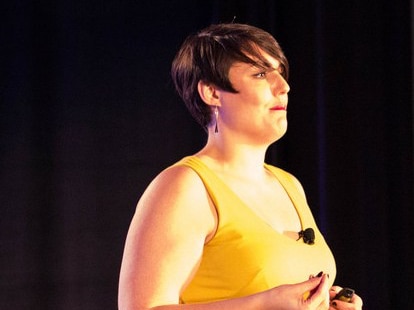
DePaul’s Department of Writing, Rhetoric, and Discourse hosted a talk on Thursday, May 11th featuring content strategy consultant and coauthor of the book Design for Real Life, Sara Wachter-Boettcher. In her talk, she recounted the many ways our designs can be offputting to users, and how designs can leave some users feeling left out. She also delivered solutions on what we can do to mend and prevent setbacks like this. Many users believe that the term “algorithm” evokes a sort of frigid and unbiased truth that only computers could posses. An algorithm is thought to be born with no natural flaws, unlike
Continue reading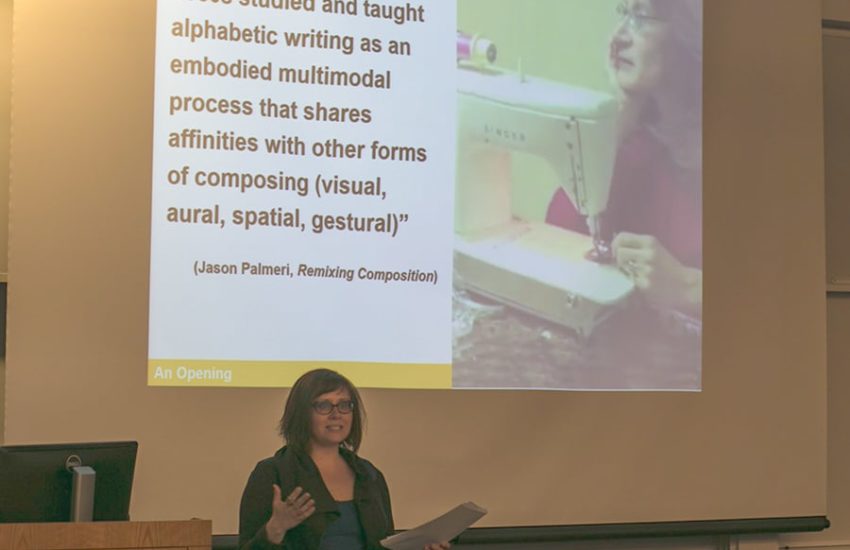
On Friday April 21, Dr. Kristin L. Arola from Washington State University visited DePaul to present a talk titled “Slow Composition: American Indian Rhetorics and Mindful Making Practices.” This talk was part of the WRD Department’s Writing and Rhetoric Across Borders Speaker Series. Arola’s described the implementation of a composition theory based on story, what she referred to as “story as methodology.” By using an American Indian lens, Arola discussed our current conceptions of the composing process and opened up new critiques on how to improve. Pointing out the current fast-paced nature of rhetoric in our society, Arola advocated for
Continue reading